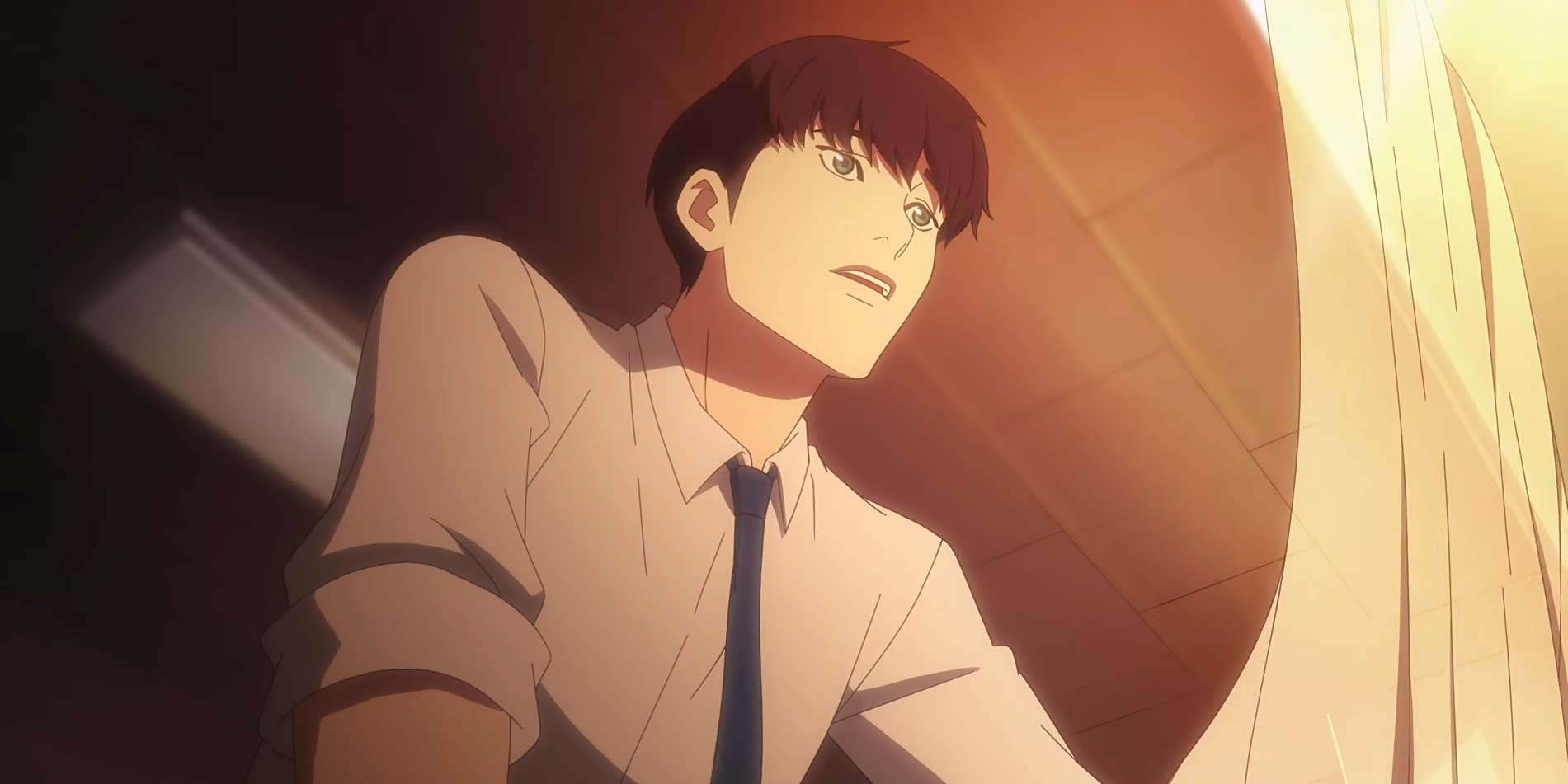The following article contains spoilers for Lookism, now available on Netflix.
After being delayed due to the Itaewon tragedy, Netflix’s new animated series Lookism was finally released on December 8. Adapting the massively popular Korean webtoon of the same name, the anime currently consists of an 8-episode first season, which may very well be followed by a second one depending on its performance. First published in 2014, Lookism’s original webtoon series has a total of 419 chapters translated into English, with the series covering 27 of them.
The premise of the show is intriguing; the socially inept and overweight Park Hyung Suk (or Daniel Park, in the English translation) gets the perfect body, suddenly going from being the bullied kid to the idol of the school. Things aren’t as smooth or as simple as this, but the point that the show is trying to make is clear -- appearances can indeed change one's life. Whether this reflects society’s dangerous obsession with the outside is up to the audience to decide, despite the series arguably taking a very clear stance on the matter.
Park Hyung Suk Obtains a Dangerous Kind of Beauty
Park Hyung Suk has just moved schools when he suddenly wakes up in a new body. His other self is sleeping on the floor of his bedroom, undisturbed. With two bodies -- one tall, handsome and muscular, the other 'ugly' and overweight -- Park Hyung Suk starts living a sort of Jekyll and Hyde life, using his beautiful body to go to school and his ugly one to work the night shift at a convenience store. At the new school, the once tormented kid is now the target of admiration and envy. However, Park Hyung Suk’s life doesn’t get easier -- his sudden popularity brings not only benefits but also the hatred and suspicion of many, turning his every step into a potentially fatal mistake.
Park Hyung Suk’s Transformation Becomes a Way to Discuss Society’s Fixation With Looks
From the very first episode, the show doesn’t try to hide its distaste for society’s obsession with appearances -- especially when it comes to young people. In the first few scenes, which seem an accurate depiction of physical bullying, many characters decide to ignore or torment Park Hyung Suk because of the way he looks. When someone records him being punched in the face by another boy, the internet’s response condones the attack as the treatment deserved by a 'pig' like him.
Once Park Hyung Suk obtains his new body, the shift in people’s approach to him is perhaps an exaggeration, but certainly a pointed social commentary on the value given to beauty. As he walks into the new school on his first day of class, Park Hyung Suk is welcomed by gaping mouths, adoring looks, whispers and pictures. It doesn’t matter what he might be like as a person -- his beauty is enough to immediately give him at least four new friends. As the series goes on, interestingly, Park Hyung Suk must prove his good character to get out of uncomfortable situations and dissipate his friend’s suspicions about his intentions. Nonetheless, representatives of society’s power -- for instance, the head of a successful record label -- are always ready to remind him and the audience that it’s thanks to his beauty that he can get ahead in life.
The Role of Social Media in Lookism
Social media plays an important part in the social commentary at the heart of Lookism. Young people are constantly on their phones, which are frequently used for cyberbullying. In the series, social media is a place of shame, hate and exclusion. Even when Park Hyung Suk and his friend’s song becomes viral, the show reflects how only the handsome one gets the attention of the public. His friend is erased from people’s memories.
As the series progresses, the plot’s twists and turns eventually overcome the satire with their prevalence, but the point remains. Lookism is always ready, at the most unexpected times, to remind the audience of the faults of contemporary society.

.jpeg)

